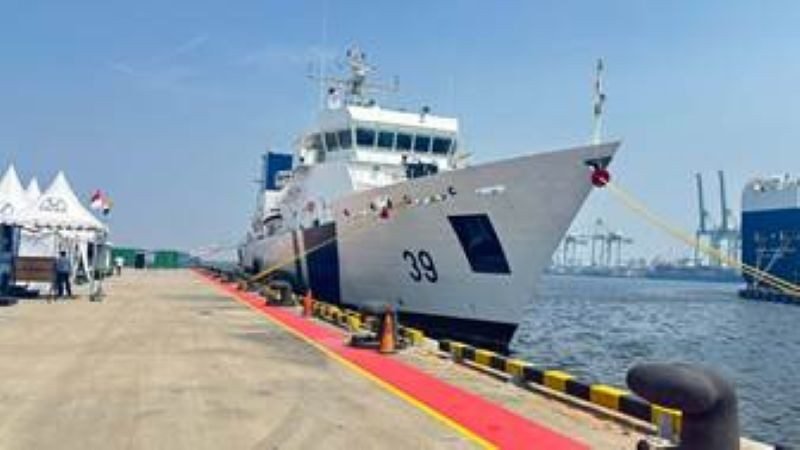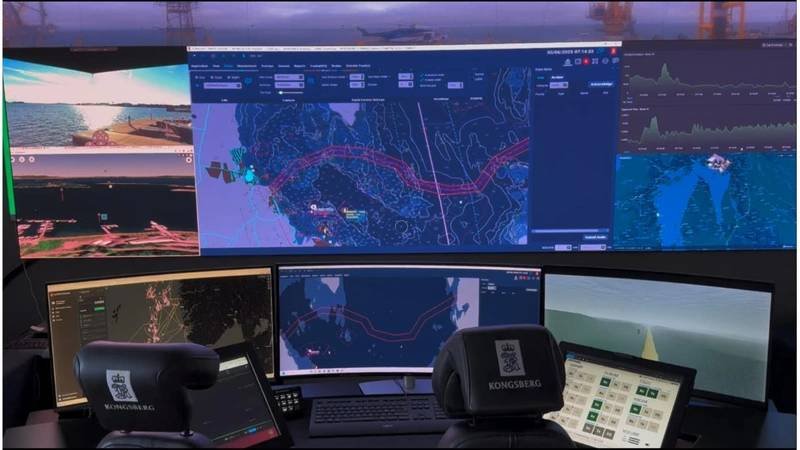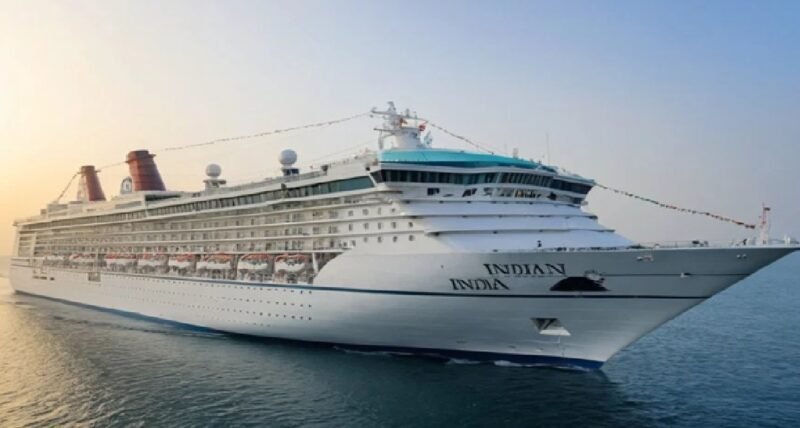The concept of climate change as a maritime security issue is often met with skepticism or resistance, particularly among defense practitioners. Through research interviews, it has become clear that there is a reluctance to fully acknowledge the impact of climate change on coastal regions, especially in countries with extensive coastlines like those in the Indo-Pacific. It is crucial for states to recognize the transnational nature of the climate threat and prioritize cooperation over narrow self-interests to effectively address future crises.
Maritime security threats can be instigated by various actors, including states, non-state entities, and even environmental factors such as climate change. These threats pose significant risks to marine ecosystems, communities’ access to marine resources, and the integrity of states’ maritime jurisdictions. From piracy and smuggling to human trafficking and illegal fishing, these challenges require a coordinated and proactive approach to mitigate their impact and ensure the stability of maritime regions.
The complexities of maritime security extend beyond traditional threats to encompass issues like marine degradation, pollution, and strategic competition between states. It is imperative for policymakers and stakeholders to recognize the interconnectedness of these challenges and work towards sustainable solutions that prioritize the well-being of marine environments and the communities that rely on them. By addressing climate change as a critical maritime security issue, we can better prepare for the future and safeguard the health and stability of our oceans and coastal areas.


















